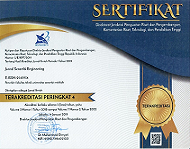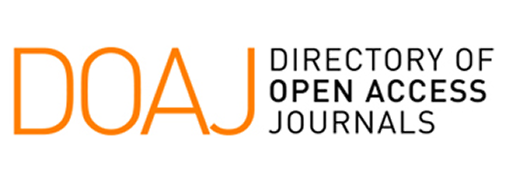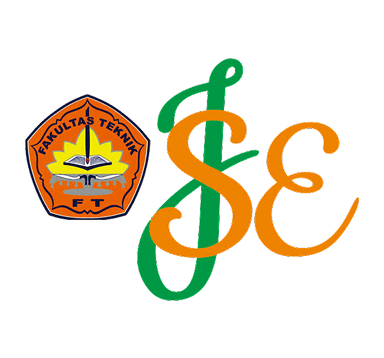Analisis Isu Sampah Plastik Laut di Wilayah Pesisir Pantai Kuta Bali Menggunakan Metode DPSIR
Keywords:
marine debris, dpsir method, cause-effect relationshipAbstract
The issue of the spread of marine debris or " marine litter" is in the global spotlight due to its detrimental impact on ecosystems, humans and marine life. The focus of this research is on the coastal area of Kuta Bali, Indonesia, with the main objective of identifying the factors driving damage to marine ecosystems due to plastic waste. Using the DPSIR (Driving Force, Pressure, State, Impact and Response) method approach, this research analyzes the causes and effects related to this environmental problem, highlighting the pressure generated by marine plastic debris, describing the conditions in coastal areas and evaluating the impacts that arise. The results show that the coastal area of Kuta Beach, Bali, is facing serious challenges related to marine plastic waste that is destroying the environment around Badung Regency. As a prevention and control effort, it is recommended that education and training exist in each coastal area, aimed at increasing public awareness of waste management and the potential dangers of marine plastic waste to the environment, in the hope of creating a safer environment and sustainable coastal environment.












